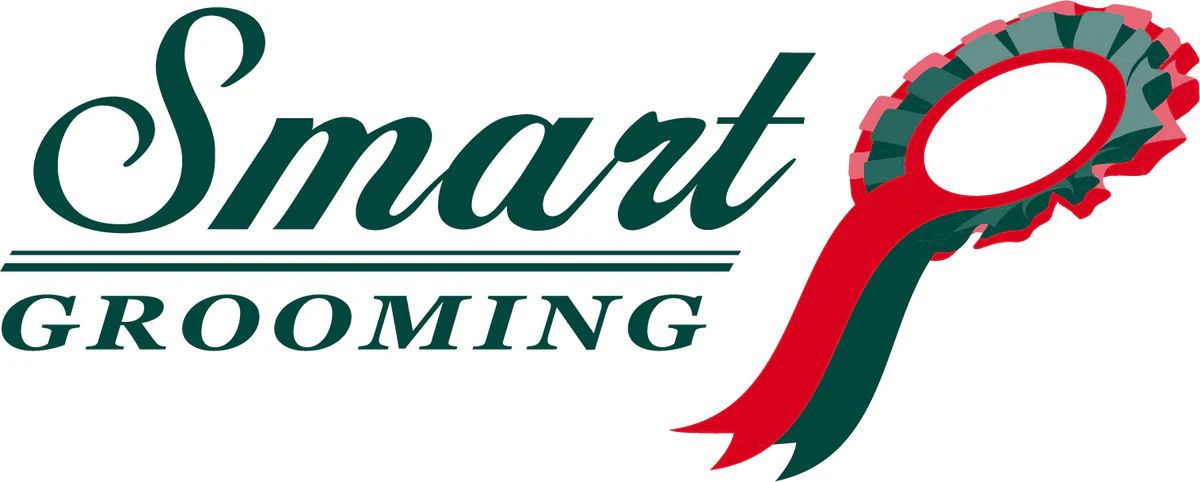- Join Us
- Login
- EEA ToolKit
- Employment Essentials
- Frequently asked
- Contracts and wages
- Time off work & absence
- Staff management & training
- Workplace disputes
- Dismissals and resignations
- Pregnancy and children
- Avoiding discrimination
- Redundancy and Retirement
- Other responsibilities
- Legal Helpline
- Recruitment
- Good Recruitment
- New starters
- Find a groom
- Good Employment
- Resources
- Downloads Library
- EEA Pension & Payroll
- Safe workplace
- Employers Minds
- Transporting horses
- Riding Establishment Licences
- Member discounts
- Business Hub
- Equestrian businesses
- The business plan
- Business compliance
- My clients
- Livery Contract Creator
- Financial matters
- Business challenges
- Marketing
- The EEA
- Employers Life
- Contact

Employer's Life
The EEA has teamed up with Cheryl Johns the owner and founder of LiveryList and the Yard Owner Hub to spread important news to our auidences. Cheryl is a qualified and experienced yard manager, marketing advisor, and business consultant with experience across a range of industries. Cheryl works as a consultant for equestrian charities and organisations to develop their understanding of the livery sector. In this blog, Cheryl talks about the important topic of duty of care and what this means for yard owners and their staff. “One of the most important aspects of managing yards is to ensure that you are providing the suitable housing and care to the equines that you are trusted with through your livery services. Under current welfare legislation such as the Animal Welfare Act 2006, there are various expectations that must be made on the part of horse owners to ensure they are providing correct standards of welfare both in the provision of housing and the provision of care. • Providing a suitable environment and place to live Of course, as a yard owner providing such services for horse owners, and especially in the case of full livery yards, there is also a level of responsibility to provide suitable and proper care of equines under your care and supervision. As an employer, it is important that anyone who is employed to work with or around the horses also understand these welfare standards. This equally applies to any subcontracted service providers who may be working on the yard, and any volunteers who may also work for you. In the event of failure to maintain appropriate standards of care, a yard owner could find themselves liable to claims of negligence and/ or failing to meet welfare standards, both of which can be serious offences that can lead to unlimited fines, bans from keeping animals, insurance claims, or even imprisonment. When you take on a new member of staff, it is very important to explain to them in detail your standards of care and the expectations for the work that they carry out when it comes to maintaining the housing areas for equines, handling or riding the equines, and a general awareness of the state of health and welfare. This could include any aspects of day-to-day care from the standards that stables are mucked out, the maintenance of fencing and surfaces, the correct provisions of feed and forage, the tack and equipment that is used, or the way that horses are handled or treated. Another important aspect for the duty of care is to be able to understand when a horse may be in pain, or when they may be showing symptoms of illness or injury. It is therefore an important consideration to make sure that your staff are aware of these basics and can notice such problems should they arise. You should have a procedure in place in the event that you suspect an equine may be injured, or that they may be showing symptoms of illness. This is all the more important if it may be the symptoms of an infectious disease such as strangles. You must have a protocol in place that should be followed to ensure that the horse receives the necessary care and veterinary attention as soon as possible, and that you are taking action to protect any other equines on site. This may include putting the equine isolation or seeking the advice of a professional. On the topic of professionals, as a yard owner it is also important to know when to seek external professional advice such as from a vet or farrier. There may also be occasions when you need to seek advice on welfare issues perhaps concerns over the care of equines by their owners, and as such it would be acceptable to seek guidance from the relevant welfare authorities at those times. If you see what you consider a welfare issue with the way that a horse owner treats or handles their equine, or you believe that they are not providing the proper care, then this must be acted upon. As a yard owner, you have a legal duty of care over any equine on your premises. It is advisable to issue a time-limited Letter of Improvement to the livery client to show that you are actively taking steps to remedy the problem, and to support and guide the horse owner to improve their standards. As we all know, at present livery yards are completely unregulated. However, yard owners are still bound by the existing welfare legislation. This means at all yards there should be evidence of basic standards of equine care and welfare however, we know that this is unfortunately not always the case. To run a yard that not only understands and adheres to the standards, but that is proud of high welfare and care standards, is an advantage for your clients and potential clients and should be mentioned when promoting your yard and your services. Many horse owners unfortunately do not consider the levels of care and welfare, or the expertise of yard owners in these areas, when they are selecting a yard. For yard owners, Livery List has a huge amount of free and reliable resources on the Yard Owner Hub relating to the care and welfare of equines. This includes copies of all relative legislation and government guidelines, plus practical documents such as biosecurity protocols, and other documents that are useful for managing and recording information for the equines on your yard.” Cheryl Johns, owner and founder of LiveryList and the Yard Owner Hub, is a qualified and experienced yard manager, marketing advisor and business consultant with experience across a range of industries. She works as a consultant for equestrian charities and organisations developing their understanding of the livery sector. Launched in 2011, LiveryList is the UK’s leading directory of equestrian establishments. In 2023 they launched the Yard Owner Hub, and industry leading and industry recognised resource for the owners of equestrian establishments. Thanks Cheryl for talking about this important topic! The EEA Employment Essentials has all you need to provide Good Employment, sart with the contract creator which makes generating contracts easy! Make sure you sign up to the Code of Good Employment. The Equestrian Employers Association has been created to help employers of all sizes of business to be compliant, thereby helping you to protect your business. Your team are key to the performance and development of your business which is why looking after them is so important. If you would like help and support when it comes to employing your staff have a look at how we can help you today. Duty of care for Yard Owners and Their Staff
27th June 2024

The basis of this legislation is the “five domains” which covers:
• Providing a suitable diet
• Allowing the animal to exhibit normal behaviour patterns
• Allowing the animal to be housed with, or apart from, other animals (as applicable)
• To protect them from pain, injury, suffering and disease
It is also important to be confident that anybody coming into your yard to provide services- be this equine therapists, freelance grooms, trainers, or suchlike – are working to the correct standards and showing the necessary skills and knowledge when providing the services. As you are allowing these services to be undertaken on your premises, there is a duty of care on the part of the yard owner to make sure the equines under their care are treated accordingly.
ABOUT THE AUTHOR
ABOUT LIVERYLISTEEA Resources
BLOG ARCHIVE
- 2026 (1 ENTRIES)
- 2025 (18 ENTRIES)
- 2024 (10 ENTRIES)
- 2023 (10 ENTRIES)
- 2022 (6 ENTRIES)
- 2021 (4 ENTRIES)
- 2020 (7 ENTRIES)
- 2019 (14 ENTRIES)
- 2018 (9 ENTRIES)

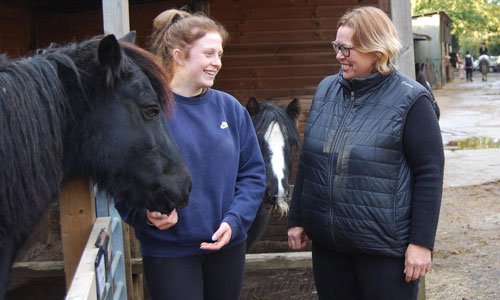










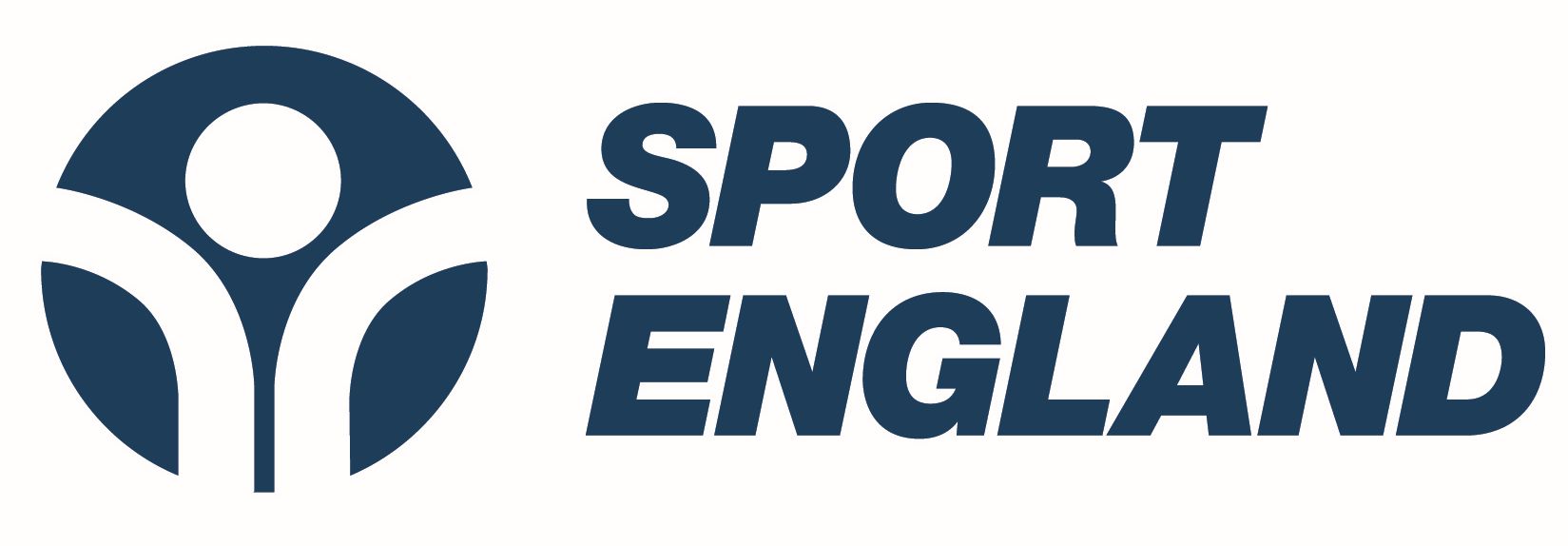
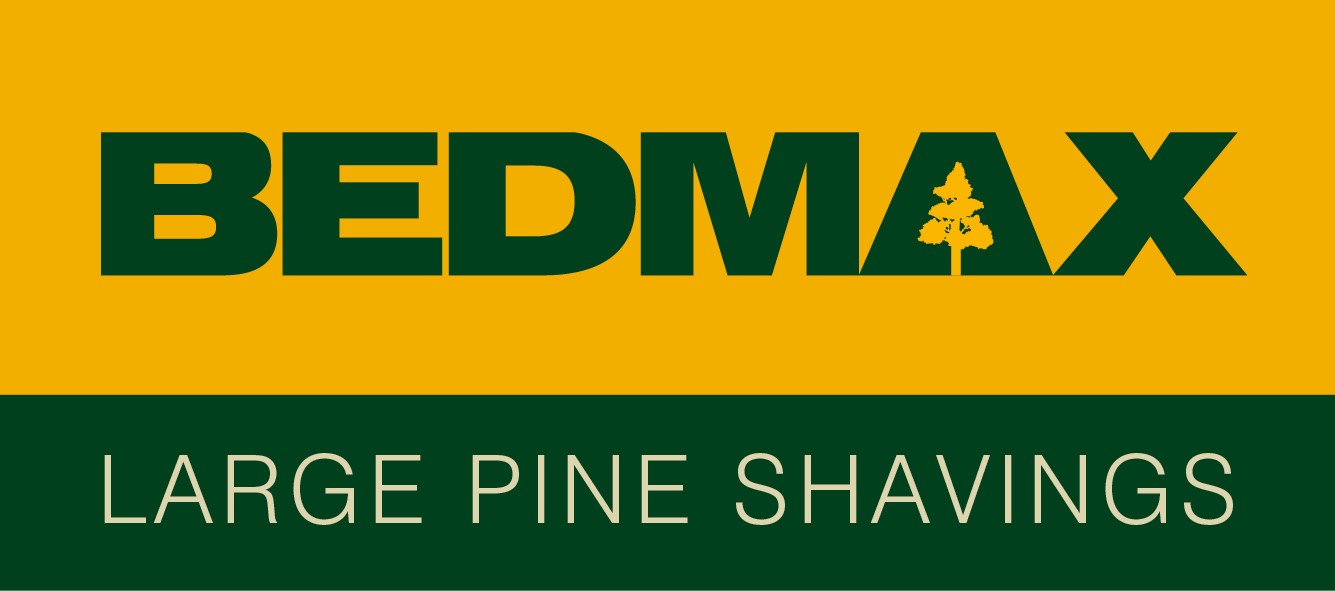
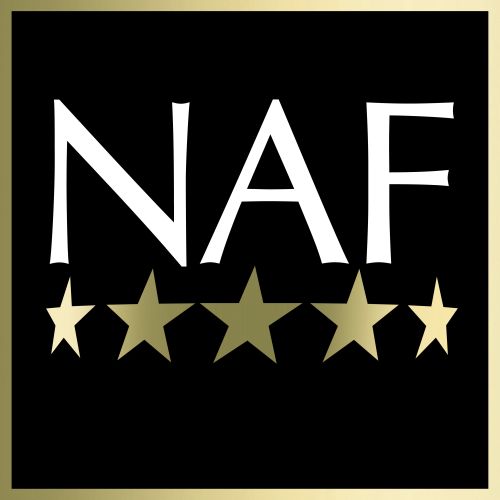


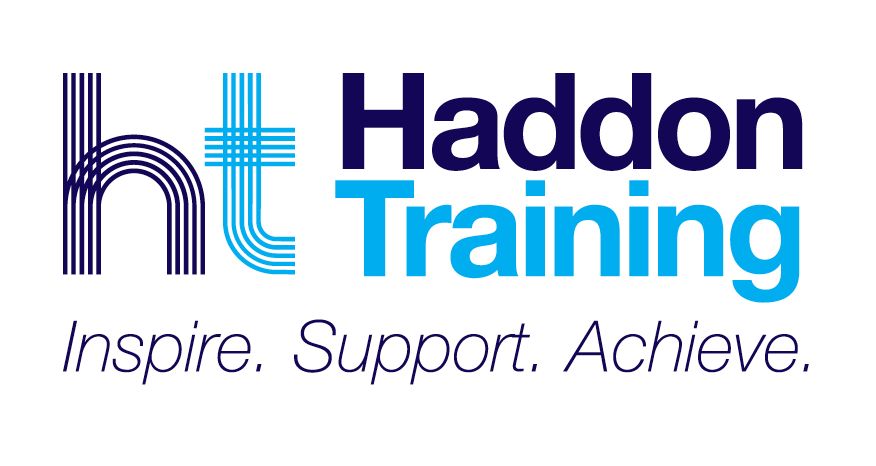
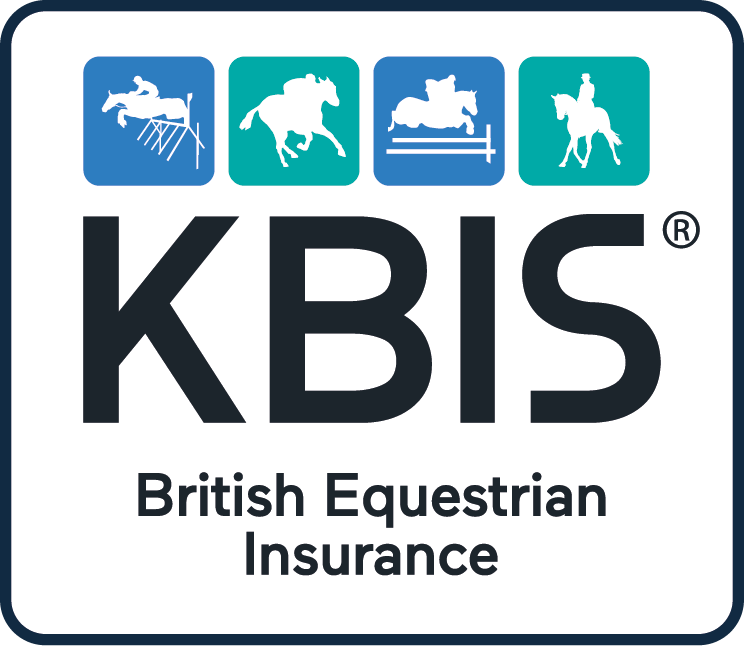
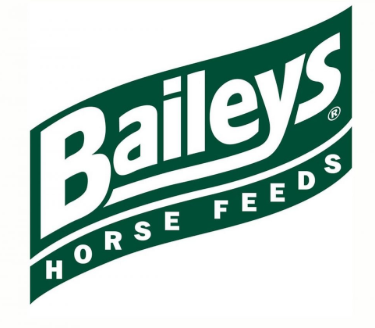
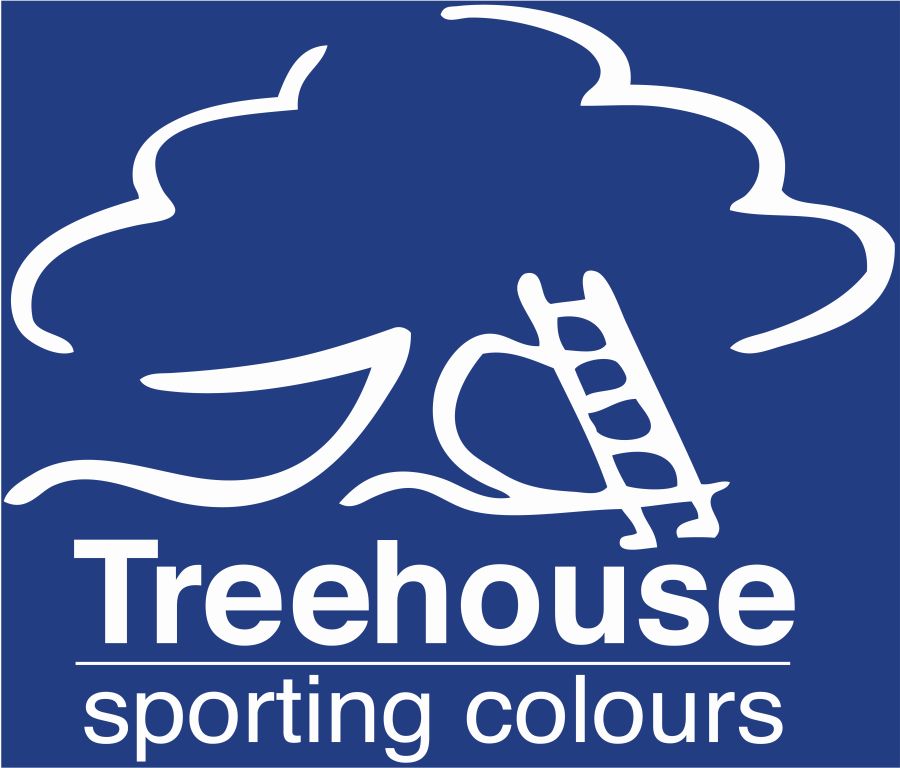

-Small.jpg)

